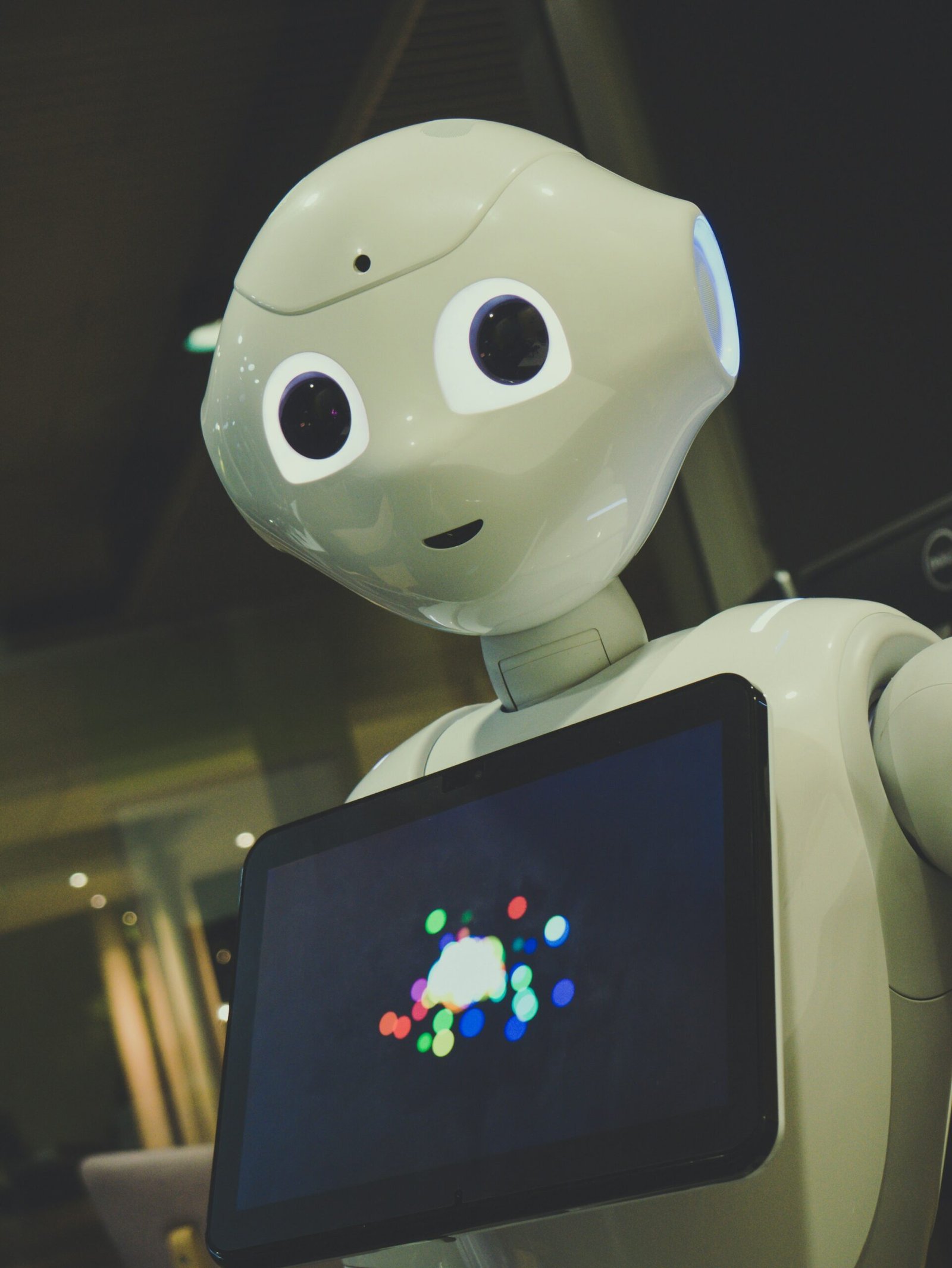The Rise of Artificial Intelligence: Exploring Its Impact on Industries and Society
Artificial Intelligence (AI) has become one of the most talked-about and rapidly advancing technologies in recent years. From virtual assistants to self-driving cars, AI is revolutionizing various industries and transforming the way we live and work. In this blog post, we will explore the rise of AI and its impact on industries and society as a whole.
The Advantages of AI in Industries
AI has the potential to bring numerous benefits to industries across the board. One of the key advantages is increased efficiency and productivity. AI-powered systems can perform tasks faster and more accurately than humans, reducing the risk of errors and improving overall output. This can be particularly beneficial in sectors such as manufacturing, logistics, and healthcare.
Another significant advantage of AI is its ability to analyze vast amounts of data and extract valuable insights. This enables businesses to make data-driven decisions, identify patterns, and predict trends. In industries like finance and marketing, AI-powered analytics tools are helping companies gain a competitive edge by providing valuable insights into customer behavior and market trends.
Furthermore, AI has the potential to automate repetitive and mundane tasks, freeing up human workers to focus on more creative and complex tasks. This not only increases job satisfaction but also allows for the development of new skills and roles that are more aligned with the changing needs of the industry.
The Impact of AI on the Job Market
While AI offers significant advantages to industries, there are concerns about its impact on the job market. Many fear that AI will replace human workers, leading to widespread unemployment. However, experts argue that while AI may automate certain tasks, it will also create new job opportunities.
AI is expected to eliminate repetitive and manual jobs, but it will also create a demand for jobs that require creativity, problem-solving, and critical thinking skills. As AI takes over routine tasks, human workers will be able to focus on tasks that require emotional intelligence, empathy, and complex decision-making abilities. Jobs in fields such as data science, AI development, and human-machine interaction are expected to see significant growth.
It is important for industries and governments to invest in retraining and upskilling programs to ensure that workers are equipped with the skills needed to thrive in an AI-driven economy. This will help mitigate the potential negative impact on the job market and ensure a smooth transition into the future of work.
The Ethical and Social Implications of AI
As AI continues to advance, there are ethical and social implications that need to be addressed. One of the key concerns is the bias and discrimination that can be embedded in AI algorithms. If AI systems are trained on biased data, they can perpetuate and amplify existing social inequalities. It is crucial to ensure that AI systems are developed and trained with fairness and inclusivity in mind.
Privacy and security are also significant concerns when it comes to AI. AI systems often rely on collecting and analyzing vast amounts of personal data. It is essential to establish robust data protection regulations and ensure that individuals have control over their data and how it is used.
Additionally, there are concerns about the impact of AI on human autonomy and decision-making. As AI systems become more advanced, there is a need to carefully consider the ethical implications of delegating decision-making to machines. Transparency and accountability in AI systems are crucial to ensure that human values and rights are upheld.
Conclusion
The rise of artificial intelligence is transforming industries and society as a whole. While AI offers numerous advantages such as increased efficiency and productivity, there are also challenges that need to be addressed. By embracing AI responsibly, investing in skills development, and addressing ethical and social implications, we can harness the full potential of AI and create a future where humans and machines work together for the benefit of all.












